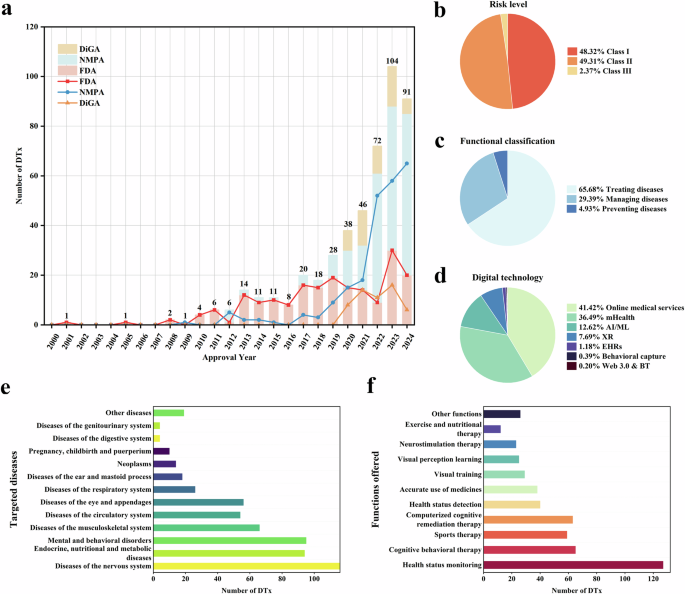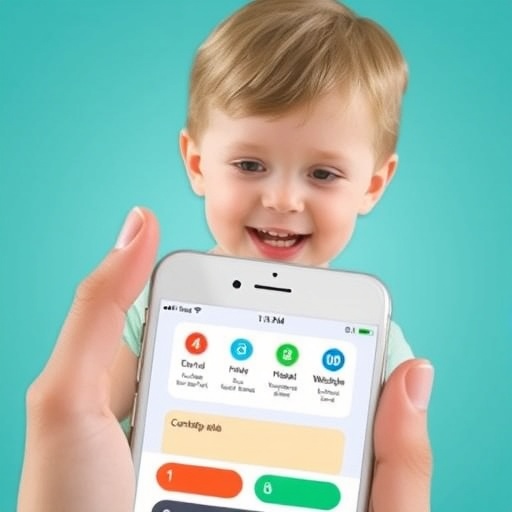Phone Apps for Nasal Polyps Patients


According to current estimates, about 13 million people in the United States have nasal polyps. Most also have chronic conditions
Trusted Source
PubMed Central
Highly respected database from the National Institutes of Health
Go to source
with nasal polyps, including chronic rhinosinusitis (CRS), asthma, and aspirin-exacerbated respiratory disease (AERD).
A recent report from the Asthma and Allergy Foundation of America found that patients with nasal polyps desire more digital tools to learn about and manage their condition. This unmet need in patient education could be filled with videos and webinars, but also with mobile health apps.
This article looks at the current state of mobile apps for patients with nasal polyps, including their potential benefits and downsides.
As of now, there are no apps specifically for nasal polyps on either the Apple iOS or Android platforms. A recent review of digital innovations in rhinology included one app aimed at patients with sinus disease, Galenus Health, but it is unavailable in the United States.
However, there are still some general categories of mobile apps that can help nasal polyposis patients manage their condition. Here are brief summaries from the websites of some of these apps.
Allergy and trigger monitoring
Nasal polyposis has an underlying
Trusted Source
PubMed Central
Highly respected database from the National Institutes of Health
Go to source
etiology, and managing allergies and their triggers is an important component of self-care. An example mobile app that may help in this regard includes:
- Allergy Plus: This free app is from Pollen.com, a leading allergy forecasting website. The app gives real-time, location-specific air quality and weather information and forecasts. Users can set up alerts and keep a pollen diary to link their allergies. News and articles are also available.
Mobile apps can be one way to help patients find digital learning tools. An example of one that can assist patients in understanding their disease includes:
- Sinus ID: This app was developed by Blue Tree Publishing and is available for purchase. Patients can explore sinus anatomy, understand how fluid should flow through them, and see how nasal polyps affect them. A whiteboard feature is also available for teaching by professionals.
Tracking symptoms is an important part of managing a chronic condition such as nasal polyps. It helps patients connect symptoms to triggers and monitor their progress over time. An example of this type of mobile app includes:
- Bearable: This app was founded by someone with chronic migraine, but it offers tracking for any chronic health condition. It helps patients find patterns, identify correlations, and view weekly and monthly symptom trends. They can also track new health habits and lifestyle changes.
Treatment adherence is key to managing nasal polyps and improving quality of life. Patients who do not adhere to their treatment plans are at risk of nasal polyp recurrence. Some of the mobile apps listed above also have features that reinforce and promote treatment adherence. An example of a separate treatment adherence app includes:
- Medisafe: This free app combines daily medication management with several other functions, such as refill reminders, appointment reminders, and drug interaction warnings. It can also track health measurements and allows for report sharing with healthcare professionals.
Things to consider with nasal polyps apps
Privacy is a major consideration that should always be at the forefront of discussions with patients about using mobile health apps. The app’s
Trusted Source
BMJ
Peer reviewed journal
Go to source
are explained on the Apple and Google app stores. Patients need to pay attention to this information about app transparency.
When evaluating apps, topics surrounding privacy and security of health information include:
- What information does the app access on a mobile device?
- Does the app support sharing or exporting information?
- Is the information securely encrypted?
- Does the app share their information with a third-party company or database?
- Does the app pose a privacy risk with location tracking?
Strategies that increase privacy include disabling cookies and other identifiers, adjusting app permissions, and using ad blockers.
The bottom line on nasal polyp apps
The current lack of a mobile app specific to nasal polyps, along with strong patient interest in having digital resources, highlights an unmet need in this patient population. For now, patients can fill this gap with a variety of mobile health apps aimed at different aspects of nasal polyp care.
link






